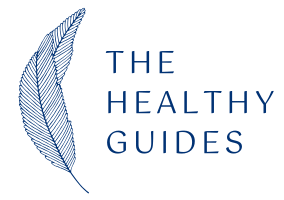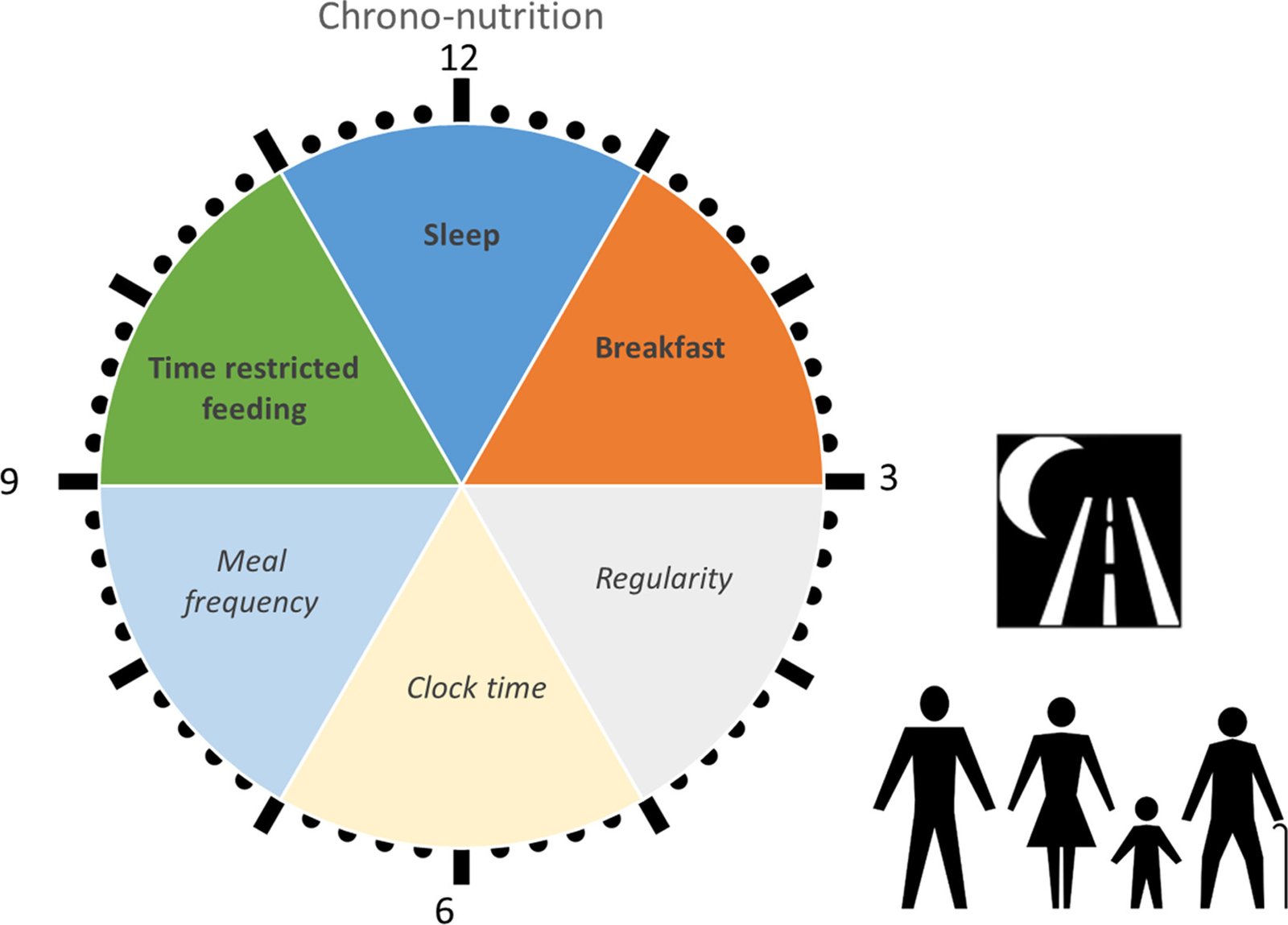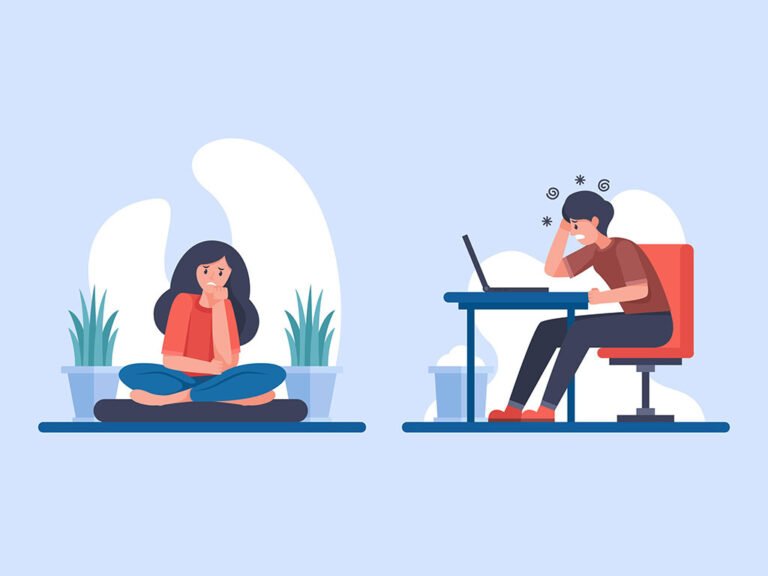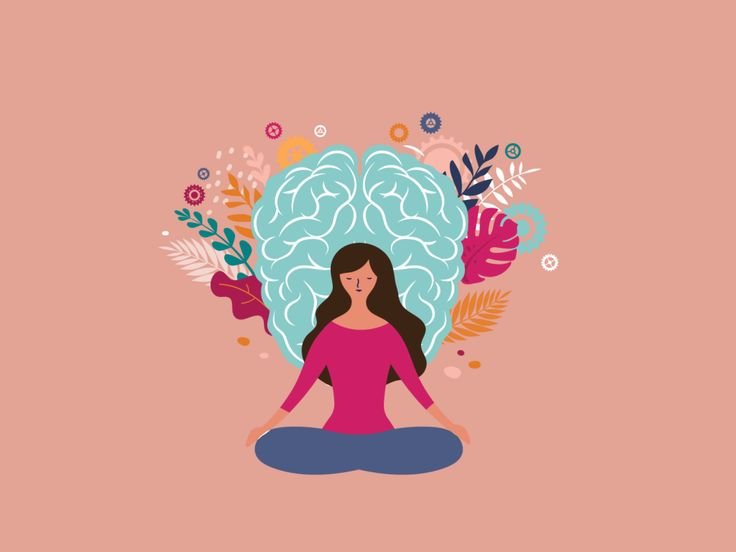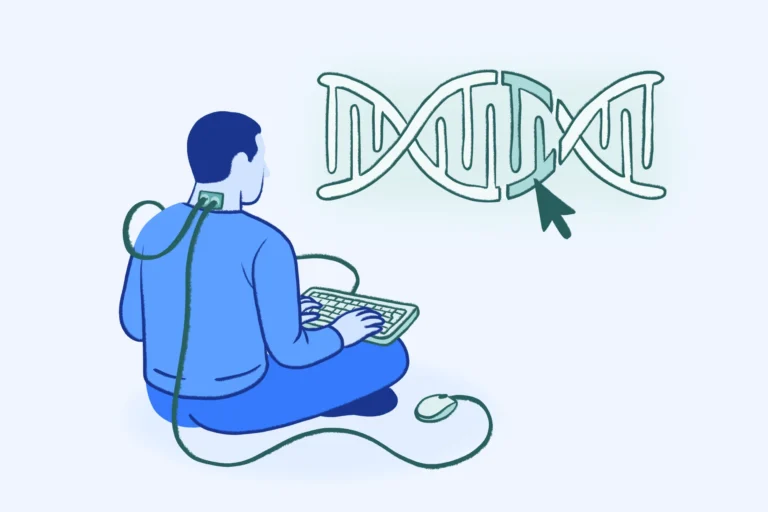Introduction Your Body Has a Clock (and It’s Hungry at the Right Time)
Have you ever noticed that some days you wake up ready for breakfast, while on other days you could skip it without a second thought? Or how eating a heavy dinner late at night leaves you feeling sluggish the next morning? That’s your body’s internal clock also called your circadian rhythm — quietly influencing your energy, digestion, mood, and sleep. Understanding the chrononutrition benefits of aligning your meals with this rhythm can transform the way you feel every day.
Most of us spend plenty of time thinking about what we eat, but we rarely think about when we eat. This is where chrononutrition steps in, offering a science-backed approach to aligning your eating schedule with your natural body clock.
This isn’t a fad diet it’s about understanding the chrononutrition benefits of listening to your body’s signals and timing meals for maximum impact. By eating in sync with your natural body clock, you can boost your energy, improve your sleep, balance your mood, and even support weight management.
What Exactly is Chrononutrition and its benefits?
Chrononutrition is the study of how meal timing impacts your health. It recognizes that our bodies operate on a 24-hour biological cycle — the circadian rhythm — which regulates:
- Hunger patterns
- Digestion efficiency
- Hormone production (like insulin, cortisol, and melatonin)
- Sleep-wake cycles
- Energy distribution throughout the day
Think of your body as a well-programmed machine. It’s primed to digest and metabolize food at certain times, and less efficient at other times. Chrononutrition benefits become clear when you match your eating habits with these natural rhythms — your digestion improves, your energy feels more stable, and your sleep becomes deeper.
The Science Behind Chrononutrition Benefits
1. Morning Metabolism Boost
Your body is more insulin-sensitive in the morning. That means you can process carbs more efficiently and turn them into energy instead of storing them as fat.
2. Evening Slowdown
By evening, your metabolism slows, digestion is less efficient, and your body starts winding down for rest. Eating late heavy meals can lead to fat storage and disrupted sleep.
3. Hormonal Influence
- Cortisol (stress hormone) peaks in the morning — a good time for energy-rich meals.
- Melatonin (sleep hormone) rises at night, signaling your body to rest, not digest.
Key Chrononutrition Benefits for Everyday Health
1. Improved Digestion
Your digestive system works best earlier in the day. Eating dinner early and keeping it light reduces bloating, acid reflux, and discomfort.
2. Better Sleep
Late-night eating can disrupt melatonin production. Chrononutrition helps your body fully rest instead of working on digestion.
3. Weight Management
Front-loading calories earlier supports a faster metabolism, helping you burn more and store less.
4. Balanced Mood
Stable blood sugar levels from well-timed meals mean fewer mood swings, less irritability, and better focus.
5. Hormonal Balance
Eating at consistent times supports healthy levels of insulin, leptin (hunger hormone), and cortisol.
Extra Benefit: By following a chrononutrition plan, you also reduce the risk of developing lifestyle-related illnesses like type 2 diabetes and metabolic syndrome. Studies show that eating in sync with your circadian rhythm can help maintain long-term cardiovascular health.
How to Eat by Your Body Clock for Maximum Chrononutrition Benefits
Morning (6 AM – 10 AM) — Fuel Your Day
Your body’s ready to absorb nutrients. Choose:
- Oatmeal with chia seeds and fresh fruit
- Whole-grain toast with eggs and avocado
Midday (11 AM – 2 PM) — Main Meal
Make this your largest meal:
- Grilled salmon with quinoa and greens
- Lentil curry with brown rice
Afternoon (3 PM – 5 PM) — Smart Snacks
- Greek yogurt with berries
- A handful of walnuts or almonds
Evening (6 PM – 8 PM) — Light Dinner
- Vegetable soup with lean protein
- Steamed veggies with grilled tofu
Tip: Keeping dinner light is one of the most powerful yet simple chrononutrition benefits for sleep quality and digestion.
Chrononutrition Benefits for Mental Health
Eating on schedule isn’t just about digestion — it’s also about brain health.
- Gut-Brain Connection: Your gut health affects mood. Poor meal timing can upset gut bacteria balance.
- Blood Sugar Stability: Reduces anxiety, brain fog, and irritability.
- Better Sleep: Sleep is essential for emotional regulation and memory.
Over time, practicing chrononutrition can reduce mental fatigue, improve concentration, and even help manage mild stress or anxiety — because your brain and body are working in sync.
Sample 1-Week Chrononutrition Meal Plan
| Day | Breakfast | Lunch | Snack | Dinner |
|---|---|---|---|---|
| Mon | Oatmeal + banana + nuts | Chicken stir-fry + brown rice | Greek yogurt | Veggie soup |
| Tue | Whole-grain toast + eggs | Lentil curry + quinoa | Apple + peanut butter | Grilled fish + spinach |
| Wed | Smoothie bowl | Chickpea salad + avocado | Walnuts + figs | Zucchini noodles |
| Thu | Porridge + berries | Turkey wrap + salad | Cottage cheese + mango | Light veggie stew |
| Fri | Chia pudding | Grilled tofu + rice | Hummus + carrots | Broccoli soup |
| Sat | Scrambled eggs + tomatoes | Salmon + sweet potato | Almonds + grapes | Pumpkin soup |
| Sun | Yogurt parfait | Veggie quinoa bowl | Trail mix | Light miso soup |
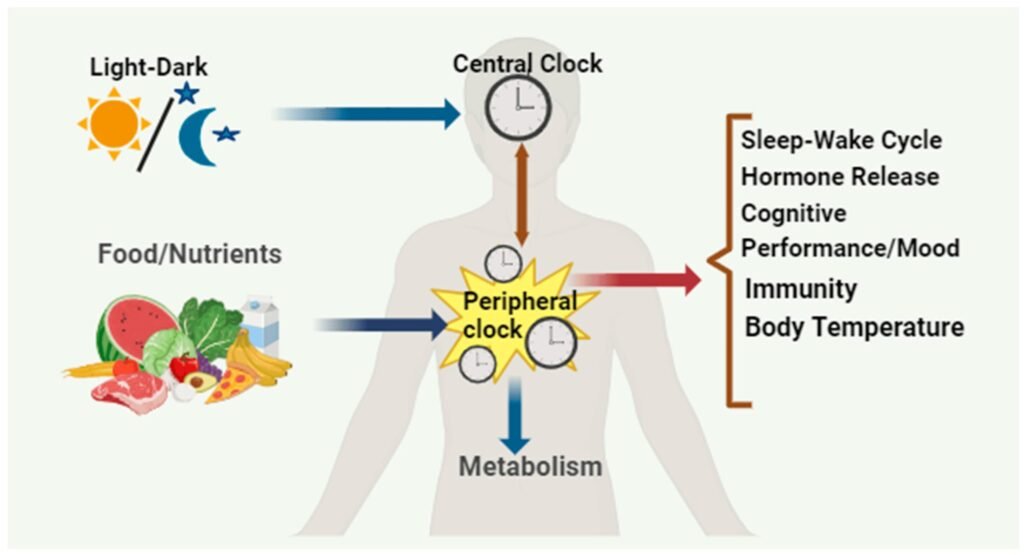
Pro Tips for Practicing Chrononutrition
- Keep mealtimes consistent — your body loves routine.
- Avoid heavy meals within 2–3 hours of bedtime.
- Drink water throughout the day, but limit caffeine after 3 PM.
- Prep snacks in advance so you’re not tempted to eat late.
- Listen to hunger cues — they’ll adjust as your body adapts.
15 Chrononutrition FAQs (SEO Booster)
Q1: Can I do intermittent fasting with chrononutrition?
Yes — align your eating window with daylight hours for best results.
Q2: Is skipping breakfast bad?
For most people, a morning meal supports energy and metabolism, but it depends on your body.
Q3: Can chrononutrition help shift workers?
It’s harder, but yes — meal timing should match your personal sleep-wake cycle.
Q4: What if I’m hungry late at night?
Opt for light, easy-to-digest snacks like herbal tea or a banana.
Q5: Does this work for weight loss?
Yes, when combined with healthy eating, it can improve fat metabolism.
Q6: Is it safe for diabetics?
It can help regulate blood sugar, but always consult a doctor.
Q7: Can kids follow this?
Yes, but make it flexible — children have different calorie needs.
Q8: Will I lose muscle eating lighter at night?
No, as long as you meet protein needs earlier in the day.
Q9: What about athletes?
They may need post-workout snacks regardless of time.
Q10: How long until I see results?
Many notice improved energy and sleep in 1–2 weeks.
Q11: Do I need to count calories?
Not necessarily — timing is key, but calories still matter for weight goals.
Q12: Can I drink alcohol at night?
Minimize it — alcohol disrupts sleep and digestion.
Q13: Is coffee okay in the morning?
Yes, but pair it with food to avoid a blood sugar crash.
Q14: Does this help with acid reflux?
Yes, especially by avoiding late-night heavy meals.
Q15: What’s the #1 beginner tip?
Move your largest meal to midday and keep dinner light.
Final Thoughts Your Body Clock is Your Ally
Chrononutrition is about working with your body’s natural rhythms to make the most of what you eat. It’s not restrictive — it’s empowering.
By shifting your biggest meals earlier, eating lighter at night, and keeping consistent times, you can improve digestion, sleep quality, mental clarity, and long-term health. These are not just small lifestyle tweaks — they are powerful, science-backed habits that can help you live a longer and healthier life.
Start small: this week, try eating dinner two hours earlier and see how you feel. Over time, your body clock will sync with your plate — and you’ll feel the difference. And remember, the real chrononutrition benefits come not from perfection, but from consistency.
Eating in sync with your body clock doesn’t just help your stomach — it also supports a calmer, more focused mind. If you want to explore more ways to care for your mental wellbeing, check out our full guide on practical tips for better mental health.
Looking for more ways to stay energised and motivated? Head over to our sports blog for inspiration and active lifestyle tips.”
